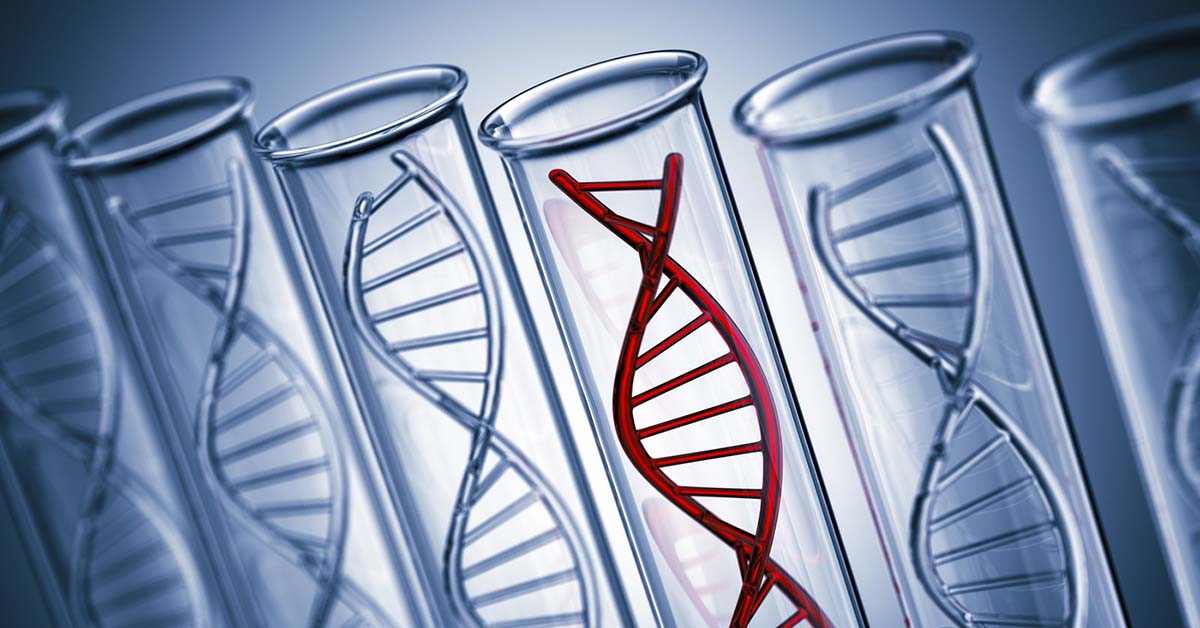Filaggrin (FLG) is an epidermal protein essential for the integrity of the skin barrier. Scientists have known that genetic loss-of-function defects in FLG play a significant role in the development of eczema and associated allergic airway diseases and we know that eczema often leads to the development of food allergies.
But whether FLG defects play a direct role in the development of food allergies was unknown, so researchers from the Max Delbrück Center for Molecular Medicine and Charité-Universitätsmedizin Berlin’s Clinic for Pediatric Allergy in the Experimental and Clinical Research Center sought to find out. Their results were published in the Journal of Allergy and Clinical Immunology.
The researchers recruited 890 children (64% male) from the Genetics of Food Allergy Study. All had previously been diagnosed with food allergies via double-blind, placebo-controlled food challenges.
Allergic comorbidities — i.e. allergic conditions other than food allergies — were present in 91% of the children with eczema being most common at 82.9%. Common food allergies diagnosed in the patient population were to eggs (55.6%), peanuts (39.1%), and milk (30.7%). The most common allergic symptoms involved the skin (89%), GI tract (32.4%), and respiratory tract (24.8%).
The researchers noticed that the comorbidities varied per age group, with eczema common with lower rates of asthma (6.7%) and allergic rhinitis (6.9%) in children 4 years or younger while children 6-8 years had higher rates of asthma (37.4%) and allergic rhinitis (42.3%).
The researchers genotyped the children for the most common FLG loss-of-function mutations in European populations and found the frequency of these mutations among children with food allergies to be 13.3%. The results showed a significant association between FLG mutations and food allergies that were not limited to specific foods.
Next, the researchers tested whether eczema might be the cause of the development of food allergies in their cohort. Adjusting for eczema status, they found that although the effect of FLG mutations on food allergies decreased somewhat, the correlation remained significant.
They then analyzed the duration of food allergies in the patient population and determined that those that carried the genetic FLG mutations were more likely to experience persistent allergies to eggs and milk, although the mutations did not affect the severity of reactions to eggs and milk as determined by IgE levels.
The researchers concluded:
This study does not only highlight the role of the impaired barrier in the development of any food allergy, it also demonstrates its impact on the long-term disease course Hence, FLG [loss-of-function] mutations should be considered when planning oral food re-challenges.





